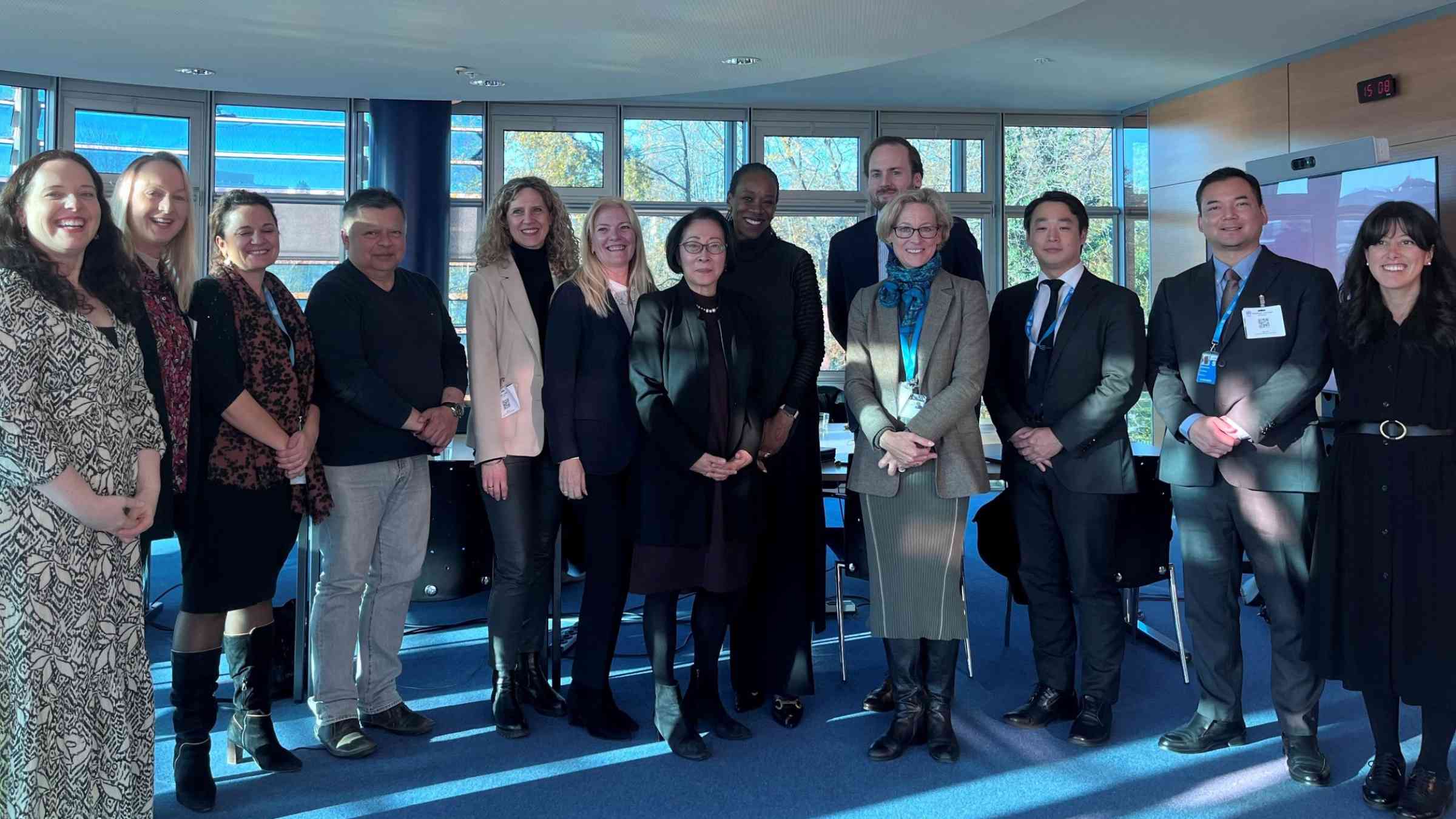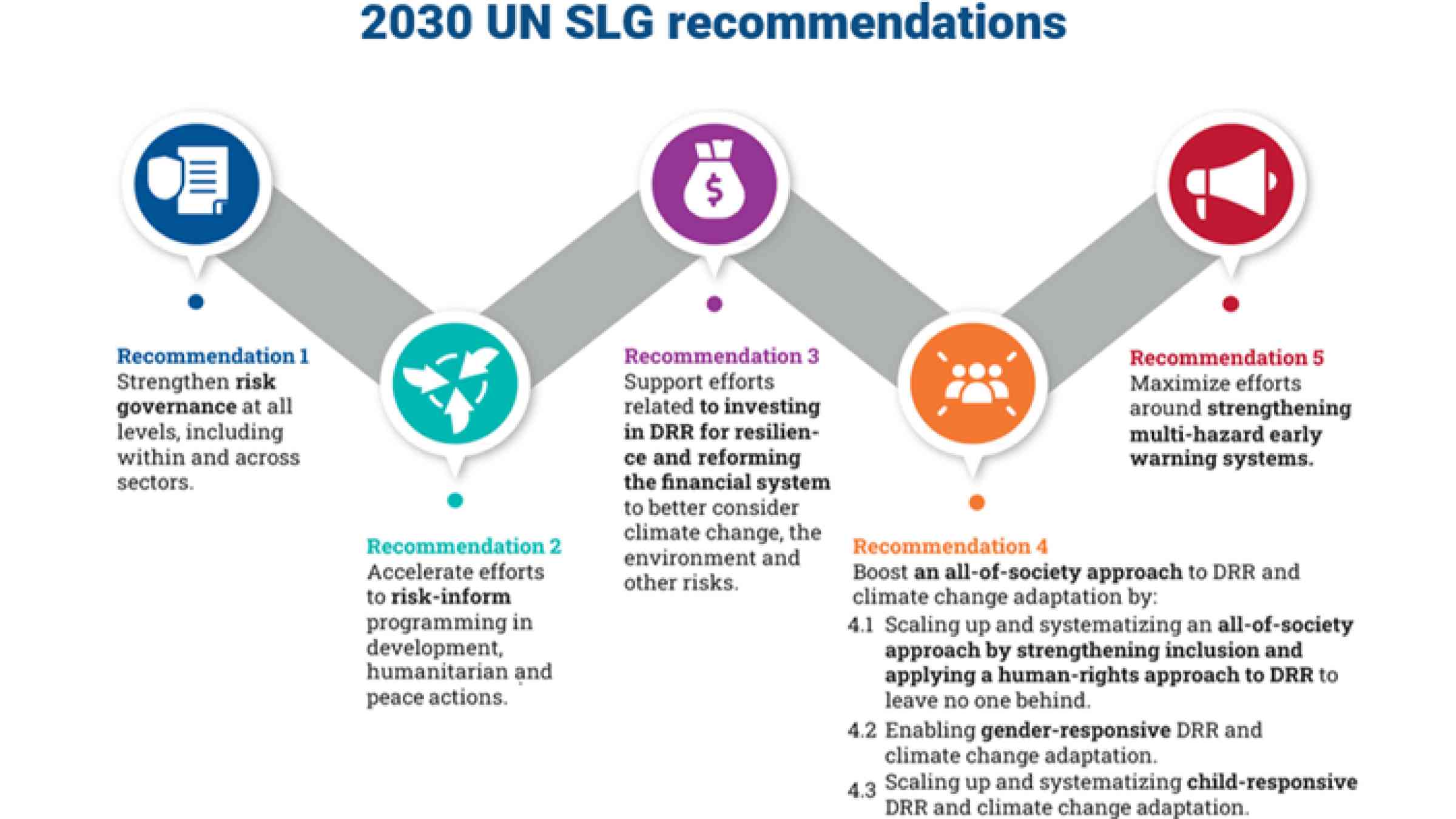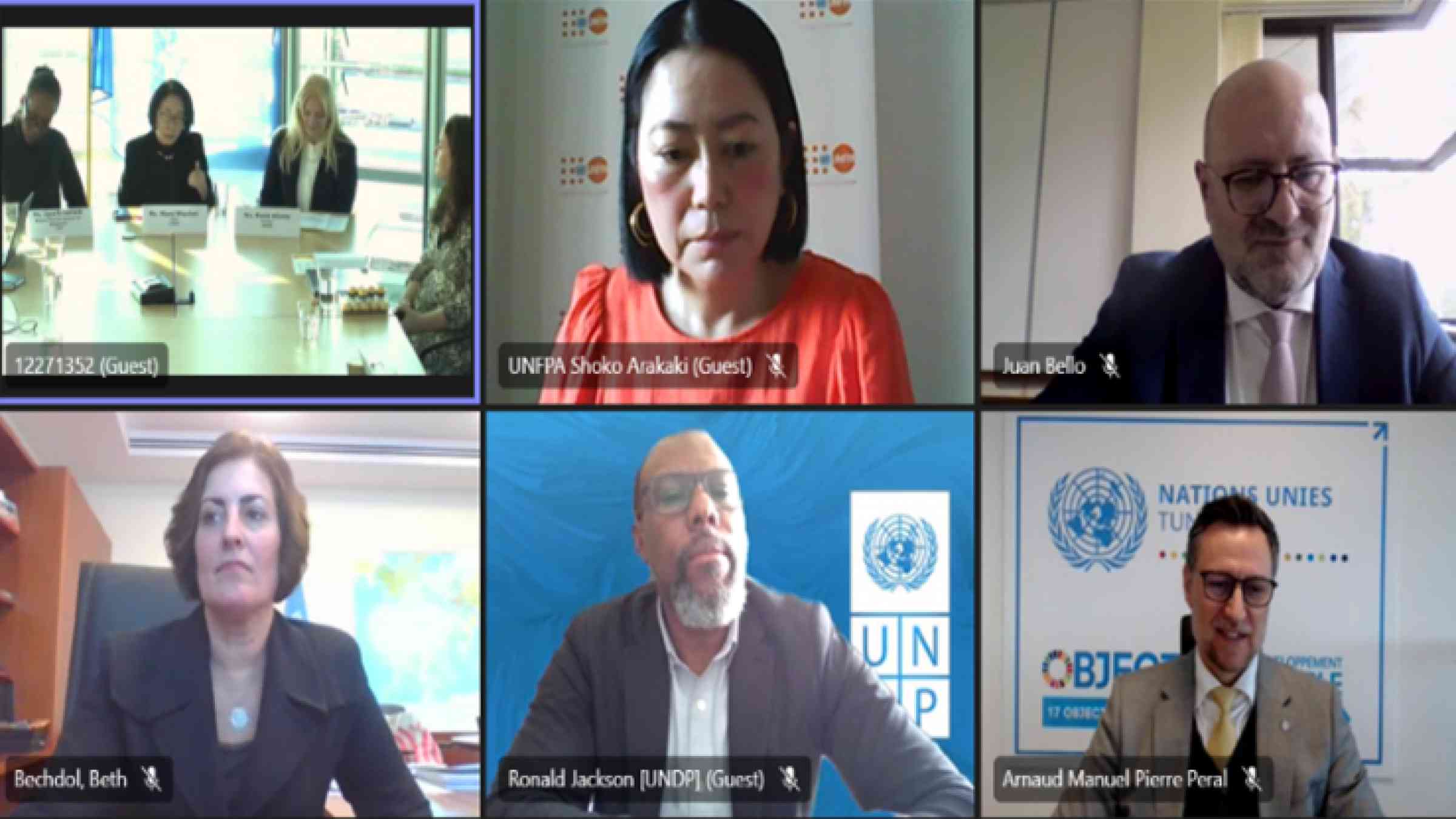The United Nation system’s answer to the call from Member States in the Political Declaration of the Sendai Framework Midterm Review

Geneva, November 23, 2023 - The United Nations has unveiled an Action Plan to further advance its support to Member States in implementing the Sendai Framework for Disaster Risk Reduction. Emphasizing the crucial role of UN collaboration, the endeavor stems from the outcomes of the Sendai Framework Midterm Review (MTR SF). The Action Plan is fully aligned with the call to UN entities from Member States in the Political Declaration of the MTR SF and reflects the United Nations Senior Leadership Group on Disaster Risk Reduction newly endorsed 2030 UN SLG recommendations, which will guide the UN system-wide support on disaster risk reduction, climate change adaptation and resilience building until 2030, and complement the commitments made in the UN Plan of Action on Disaster Risk Reduction for Resilience. United Nations has unveiled a groundbreaking set of recommendations and an action plan aimed at advancing disaster risk reduction, climate change adaptation, and resilience building into the forefront of global priorities. Emphasizing the crucial role of UN collaboration, the endeavor stems from the outcomes of the Sendai Framework Midterm Review (MTR SF). The United Nations Senior Leadership Group (UN SLG) convened during the High-Level Meeting on the Sendai Framework Midterm Review to deliberate on the role of UN entities in driving the implementation of the Sendai Framework over the next seven years. Recognizing the urgency outlined in the MTR SF Political Declaration by Member States, the UN SLG endorsed in May 2023 five key recommendations valid until 2030.

Underscoring the cross-cutting significance of disaster risk reduction for the 2030 Agenda, the 2030 UN SLG recommendations serve as a blueprint for global efforts to risk inform development, humanitarian and peacebuilding planning and actions, and promote prevention.
During the launch of the 2030 UN SLG Recommendations’ Action Plan, Ms. Mami Mizutori, Special Representative of the Secretary-General for Disaster Risk Reduction, highlighted that “the overall aim of the 2030 UN SLG recommendation Action Plan is to maximize the UN system’s support to countries in implementing the Sendai Framework on Disaster Risk Reduction at all levels, translating policies and guidance into practice, and linking the different international agendas.”

This was also further emphasized by the co-chair of the UN Issue-based Coalition (IBC) on Climate Change and Resilience in the Americas and the Caribbean, Mr. Juan Bello, UNEP’s Regional Director and Representative for Latin America and the Caribbean. He referred to the instrumental role of the 2030 UN SLG recommendations in guiding regional priorities: “Our aspiration in the IBC is to move forward the recommendations to facilitate interagency collaboration and enhance the diverse agency expertise into regional initiatives, aligning climate change and resilience with development actions, humanitarian efforts, and peace agendas.”
Likewise, Mr. Arnaud Peral, United Nations Resident Coordinator in Tunisia, emphasized that the support for disaster risk reduction within the UN Sustainable Development Cooperation Framework (UNSDCF) can maximize prevention at the country level: “As we are starting a new cycle of design of the UNSDCF, we need to work a lot more on prevention to link the development policies at national level and humanitarian action, and work together as a UN system”.
With the launch of the Action Plan, the UN system entities are gearing up for joint implementation at all levels ensuring close coordination and interagency collaboration. The UN's commitment to collective action underscores its determination to build a more resilient and sustainable future. The upcoming Summit of the Future will be a critical opportunity to show first results and elevate the risk agenda.